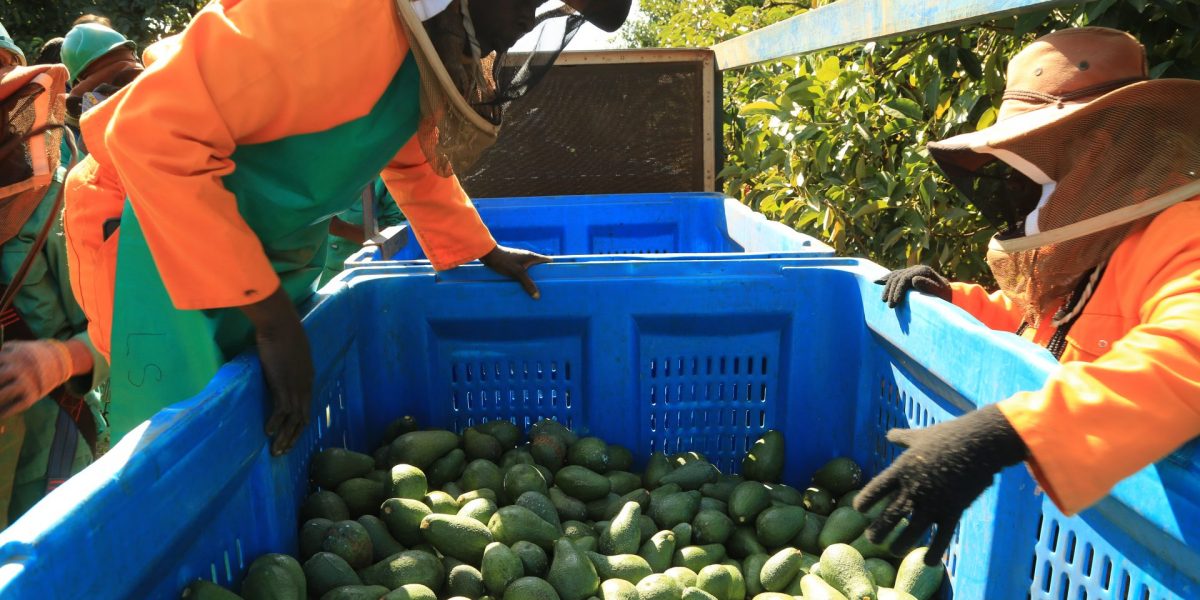Background
Agriculture and food security remain central to the global sustainability agenda and Africa’s development agenda. Agriculture is not only essential in feeding the growing world population but plays a vital role in the achievement of Sustainable Development Goals (SDGs), namely zero hunger, responsible production and consumption, and climate action. Agriculture is the backbone of many African economies, employing approximately 65-70% of the continent’s workforce.1Mukasa, Adamon N., Andinet D. Woldemichael, Adeleke O. Salami, and Anthony M. Simpasa. “Africa’s agricultural transformation: Identifying priority areas and overcoming challenges.” Africa Economic Brief 8, no. 3 (2017): 1-16.
However, the sector is increasingly vulnerable to the impacts of climate change, land degradation, and market volatility, threatening food security such that food insecurity has been on a rising trajectory since 2015.2FAO. 2023. Suite of Food Security Indicators. In: FAOSTAT. Rome. [Cited 20 June 2025].The G20 has progressively integrated these socioeconomic and ecological impacts into its agenda in recognition of the global significance of agriculture and food security. The G20’s Pittsburgh Summit in 2009 was the first time for agriculture and food security to feature prominently in G20 discussions. Later in 2011, at the Cannes Summit, the Agriculture Working Group was established to guide the G20’s efforts in addressing agriculture-related challenges while the Food Security and Nutrition framework was adopted in 2014 with priorities set for the promotion of infrastructure investments, addressing agriculture market failures in developing countries, and promoting international collaboration in research, development and innovation. The 2022 G20 leaders declared the need for scientific cooperation, sustainable food systems, and producer-consumer dialogues to advance the Food Security Agenda.
In 2023, India’s G20 presidency focused on four thematic areas of food security and nutrition, inclusive value chains, digitisation for agricultural transformation, and climate smart agriculture (CSA).3Mishra, Manasi. “Towards Smart Agriculture: Advancing G20 Cooperation in Agricultural Biotechnology.” (2023).The 2025 South African G20 Presidency under the theme “Solidarity, Equality, Sustainability,” presents a strategic opportunity to elevate Africa’s agriculture priorities on a global scale. South Africa, as the first African country to hold a G20 Presidency, is uniquely positioned to champion context-specific solutions that can advance Africa’s agriculture. Leveraging its presidency, South Africa can advocate for the effective implementation of CSA that would align with the continent’s urgent need to address food security and contribute to the global agenda on sustainable development. This Policy Note highlights the CSA policy framework in Africa, highlighting its challenges and opportunities, and provides recommendations for the G20 South Africa presidency.








